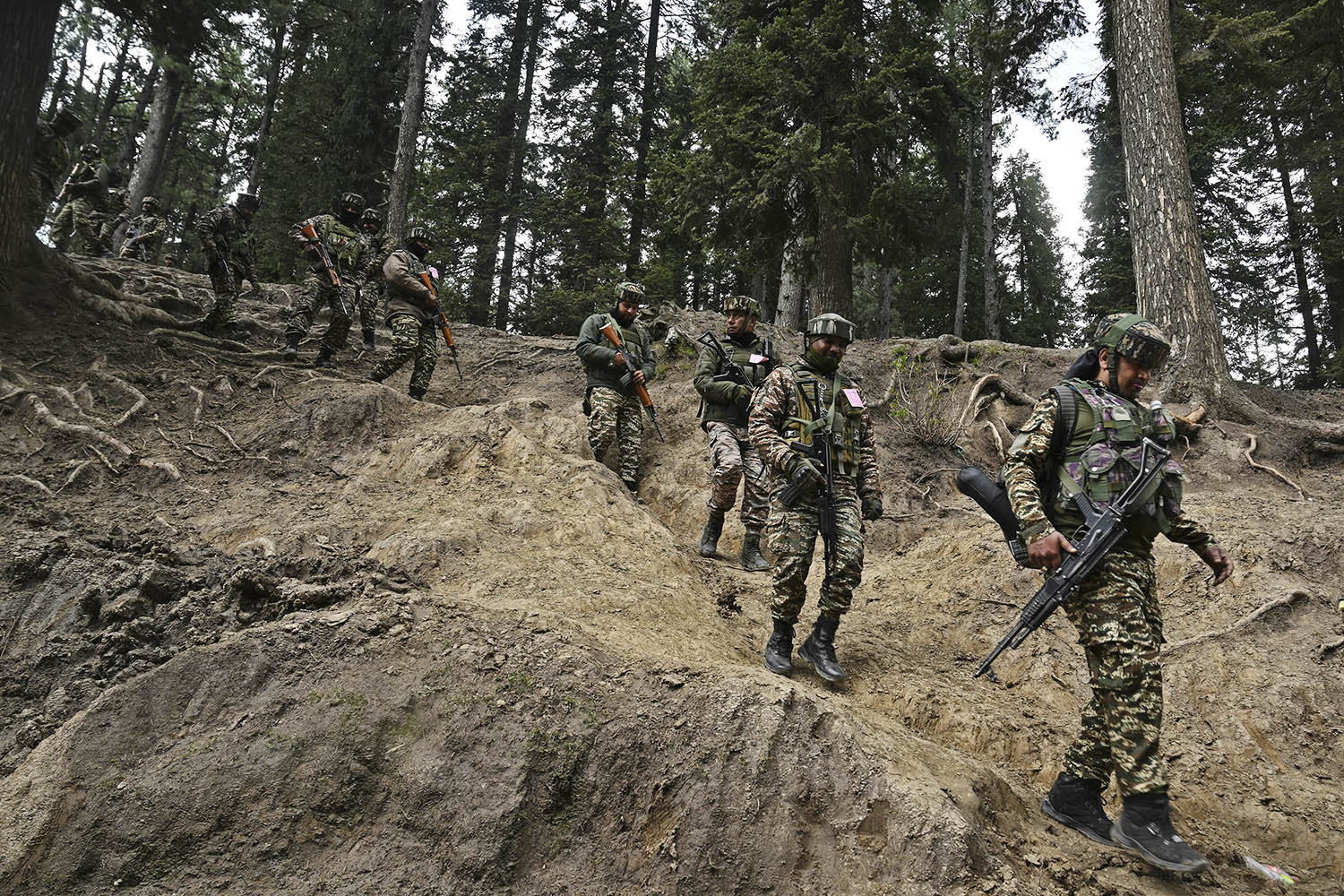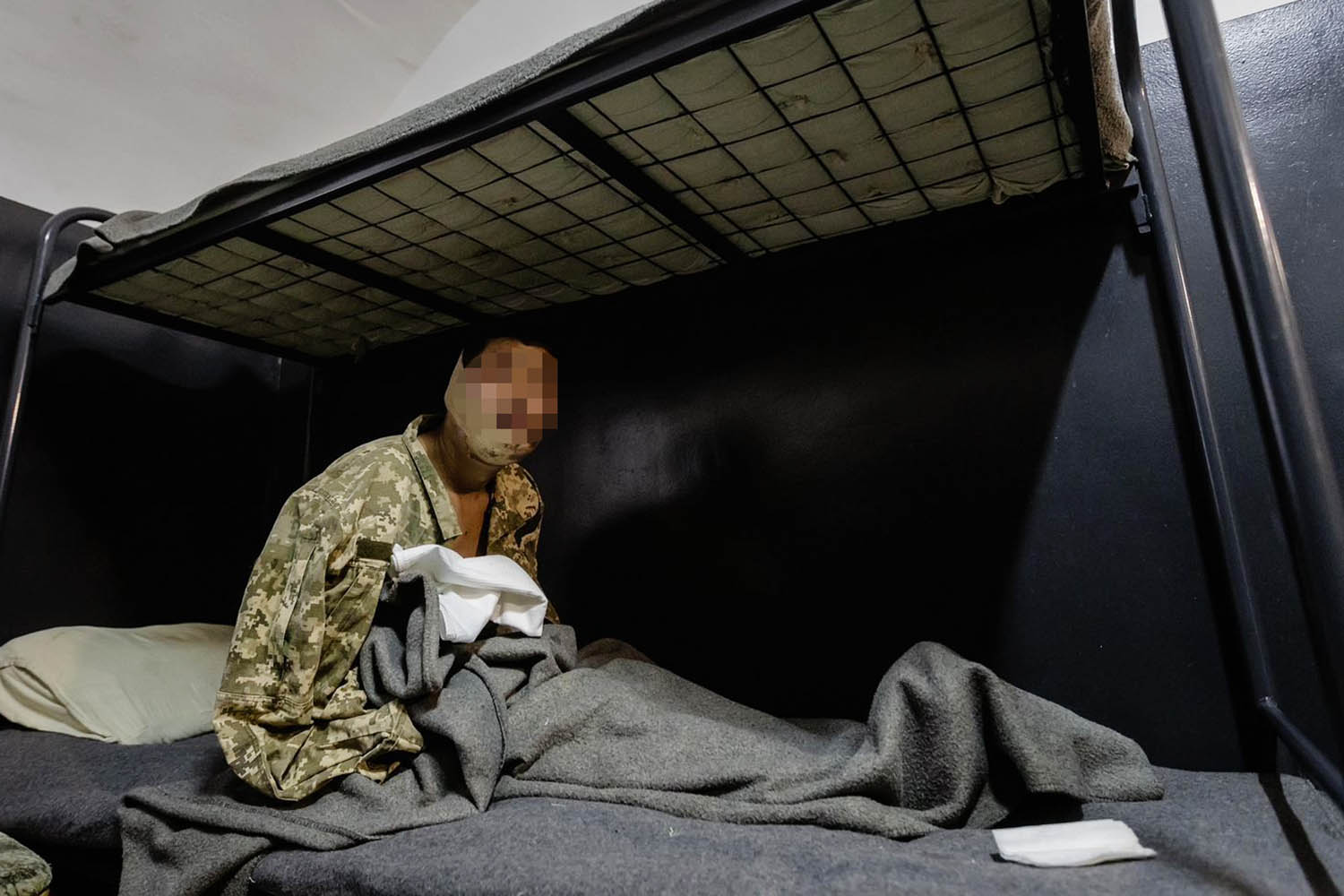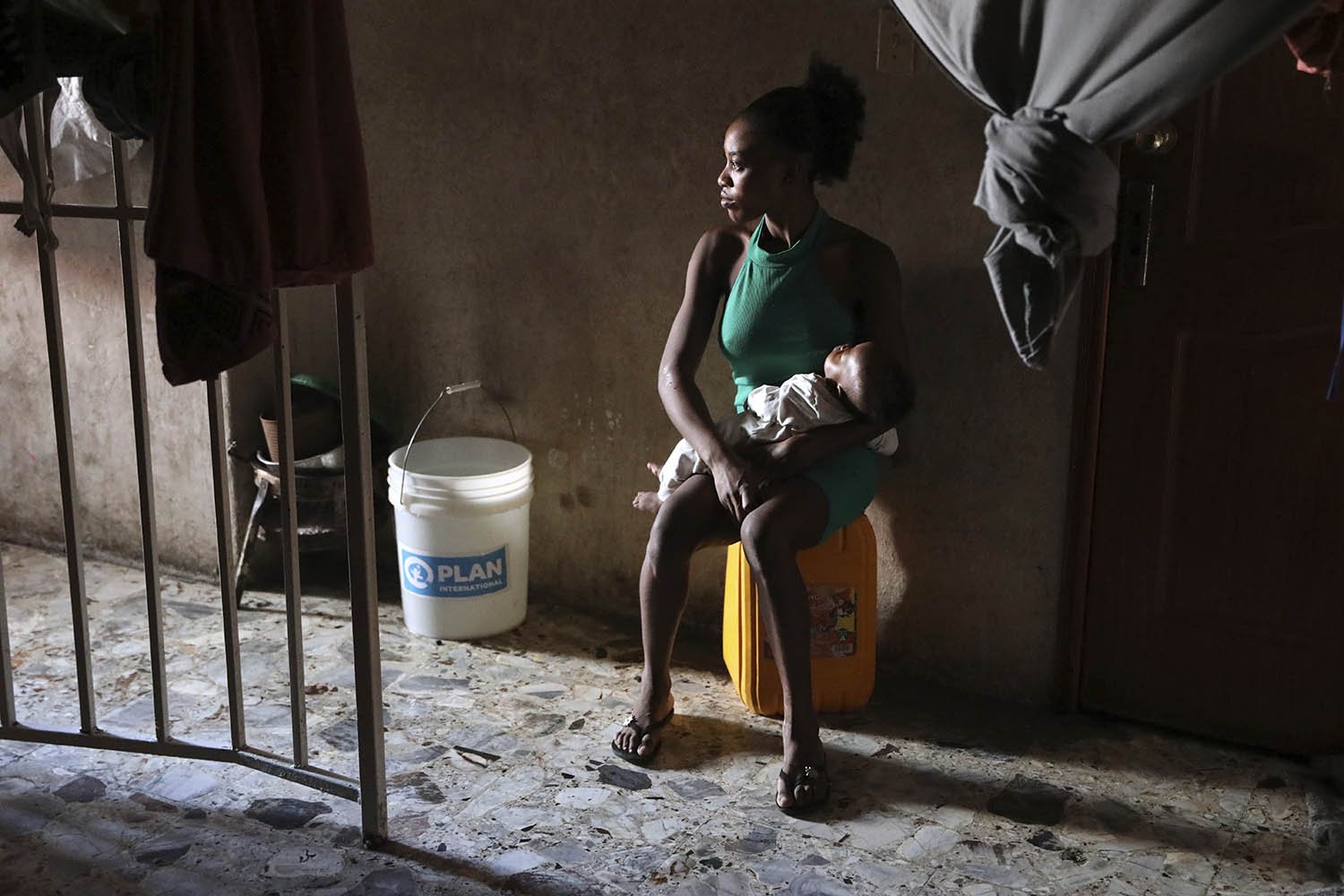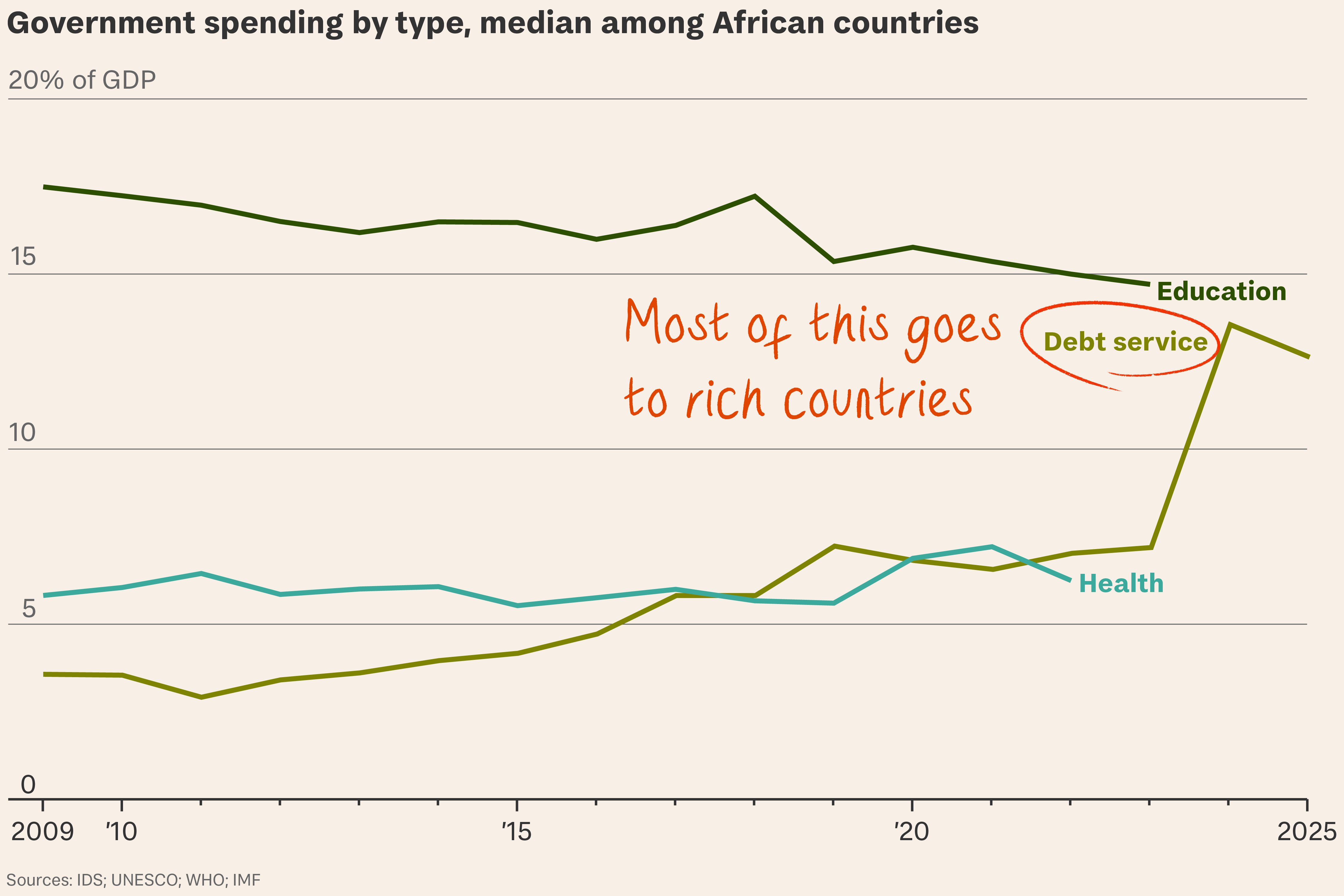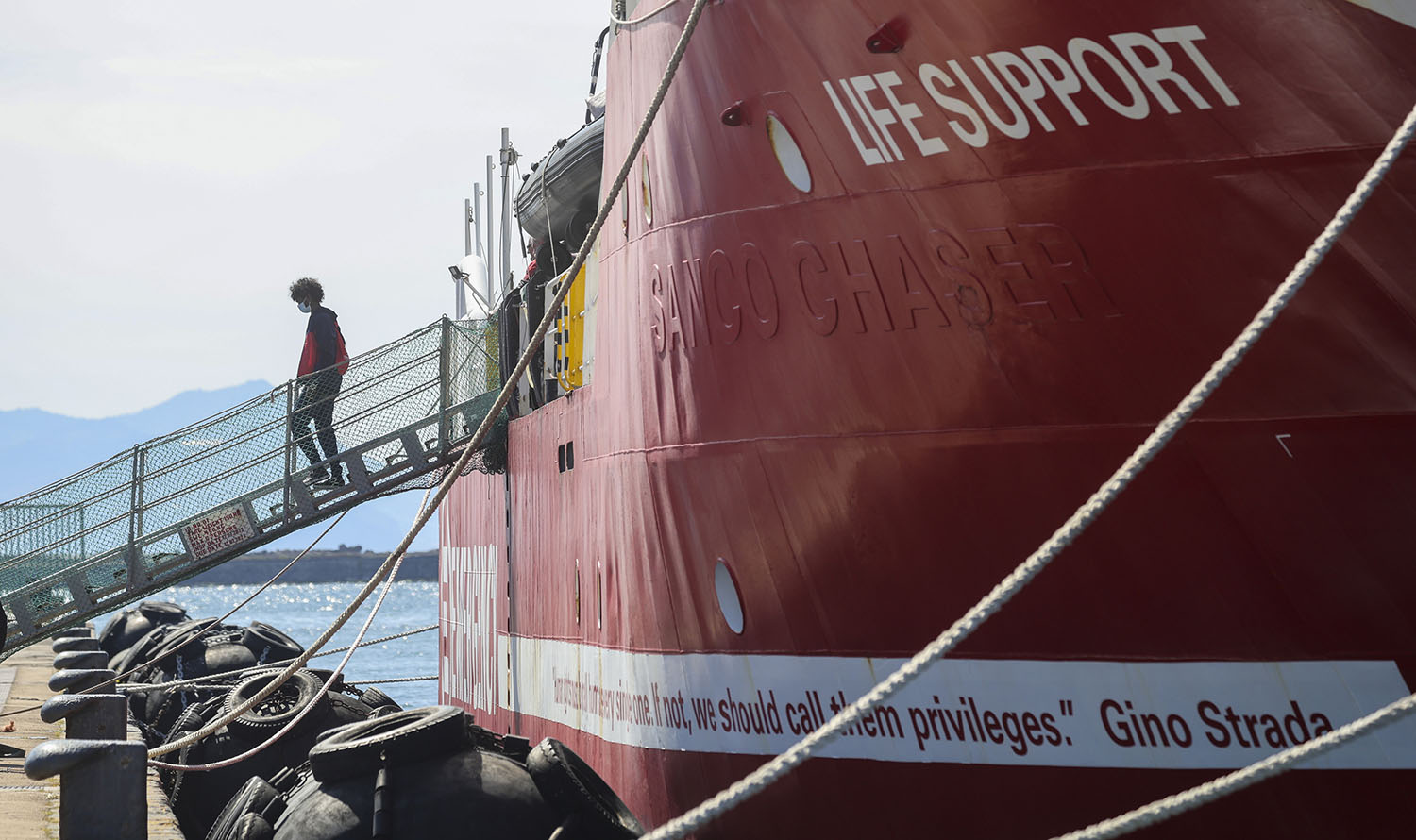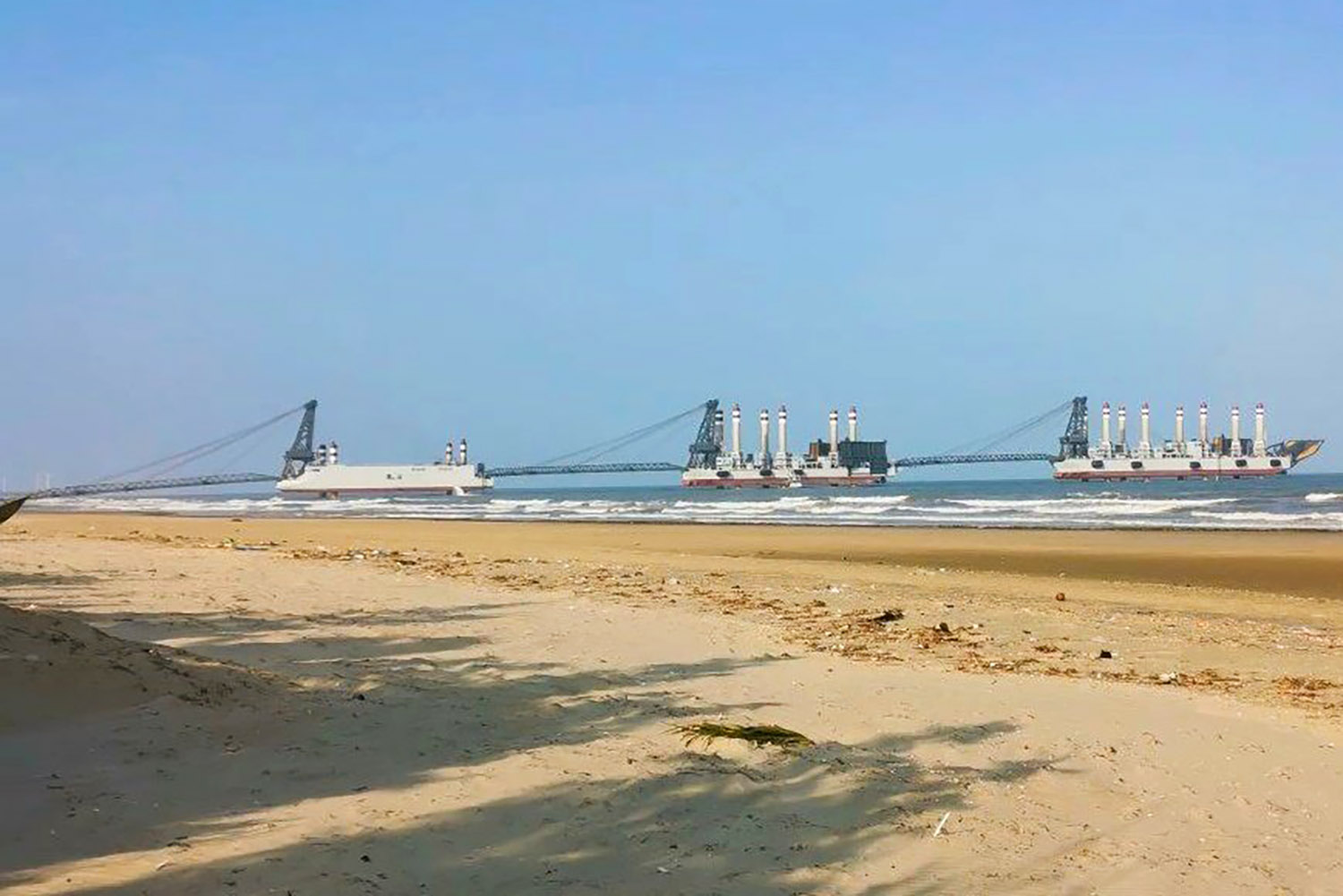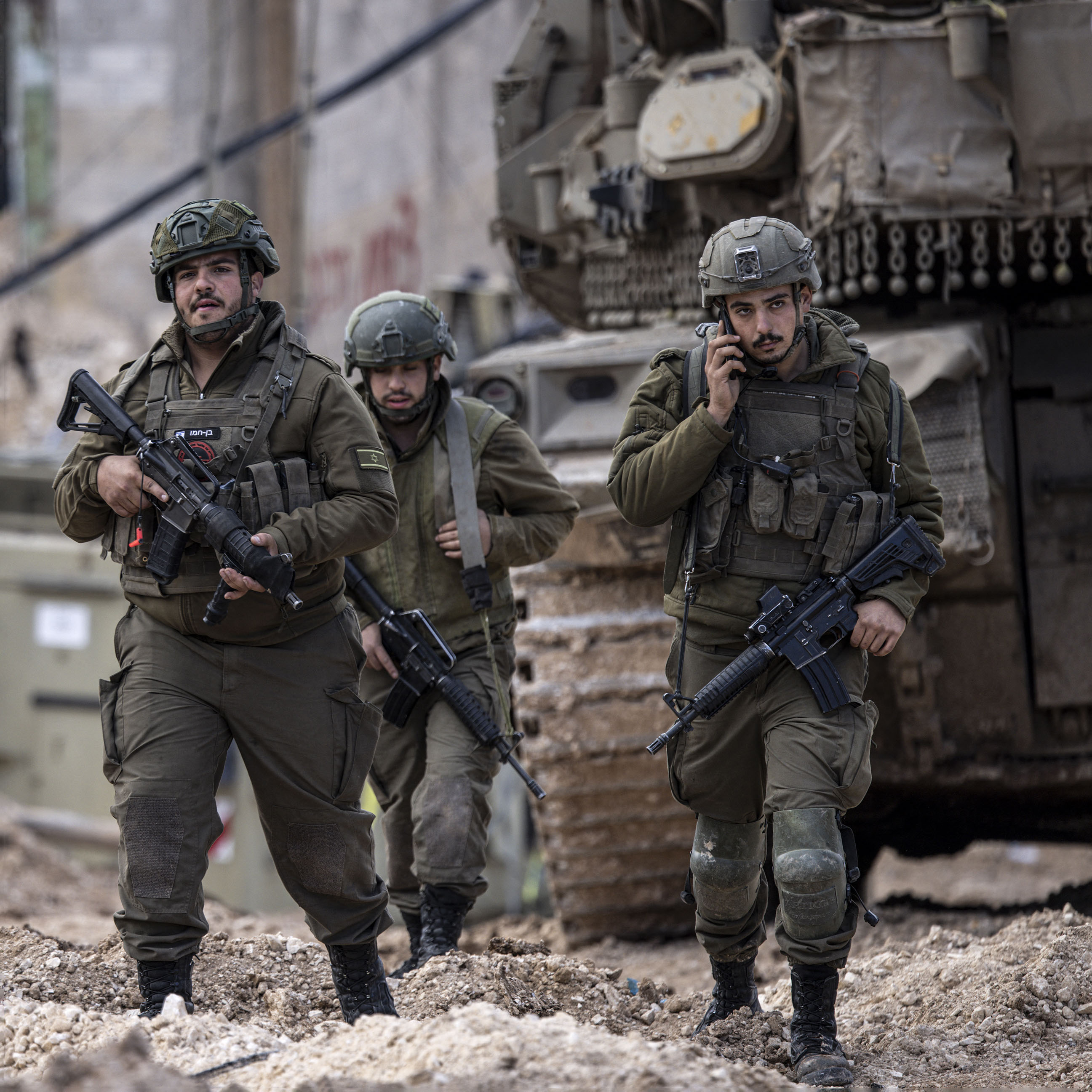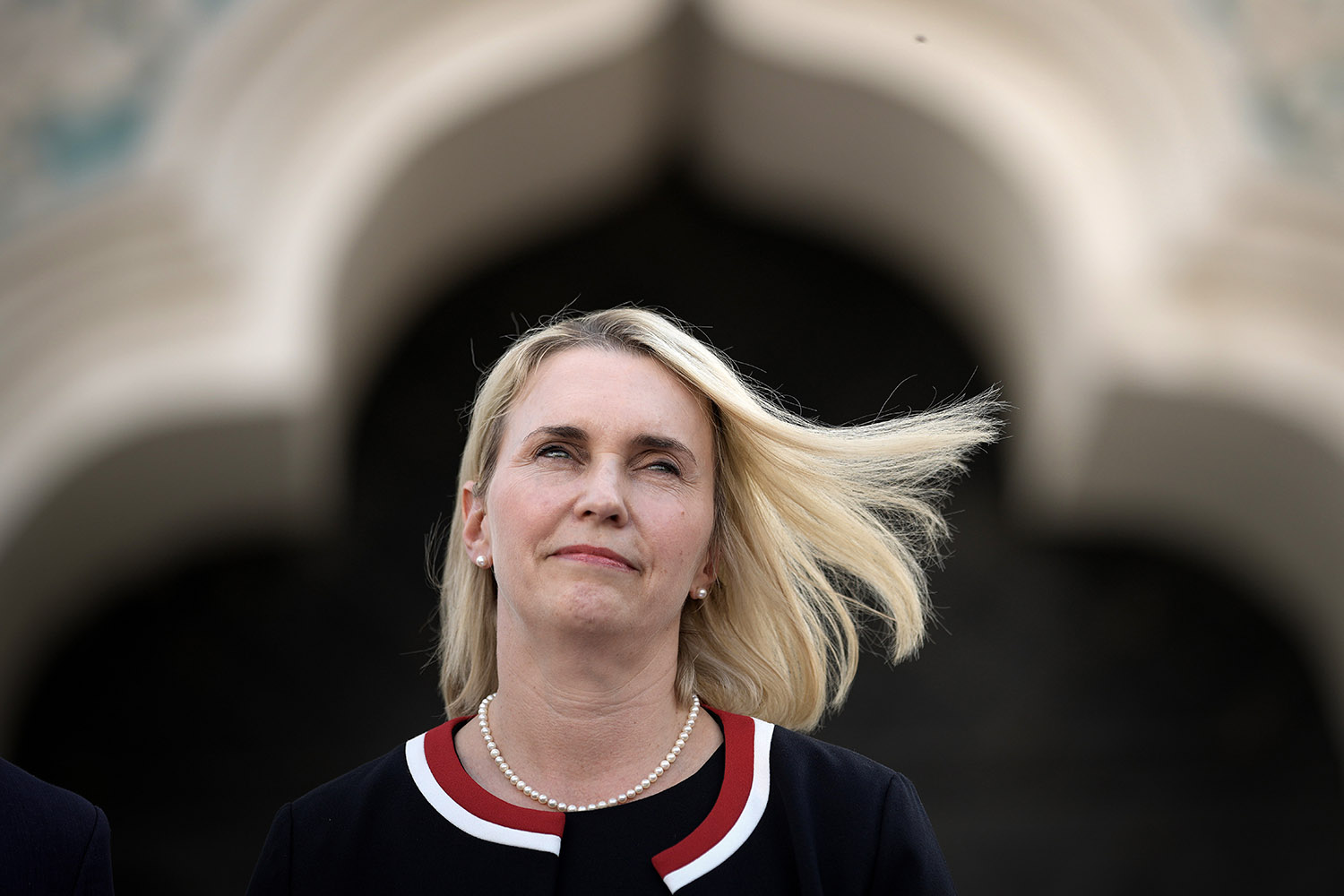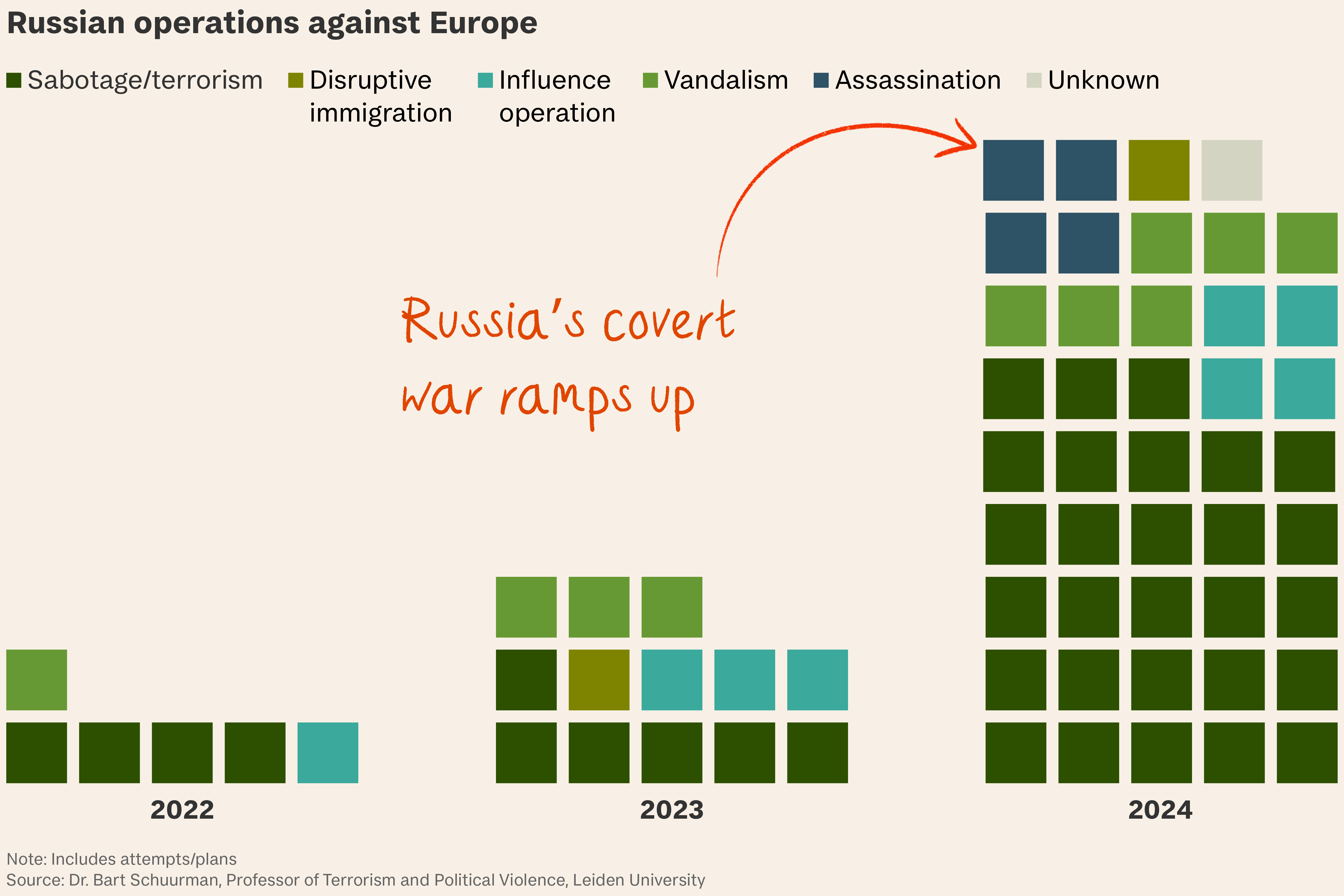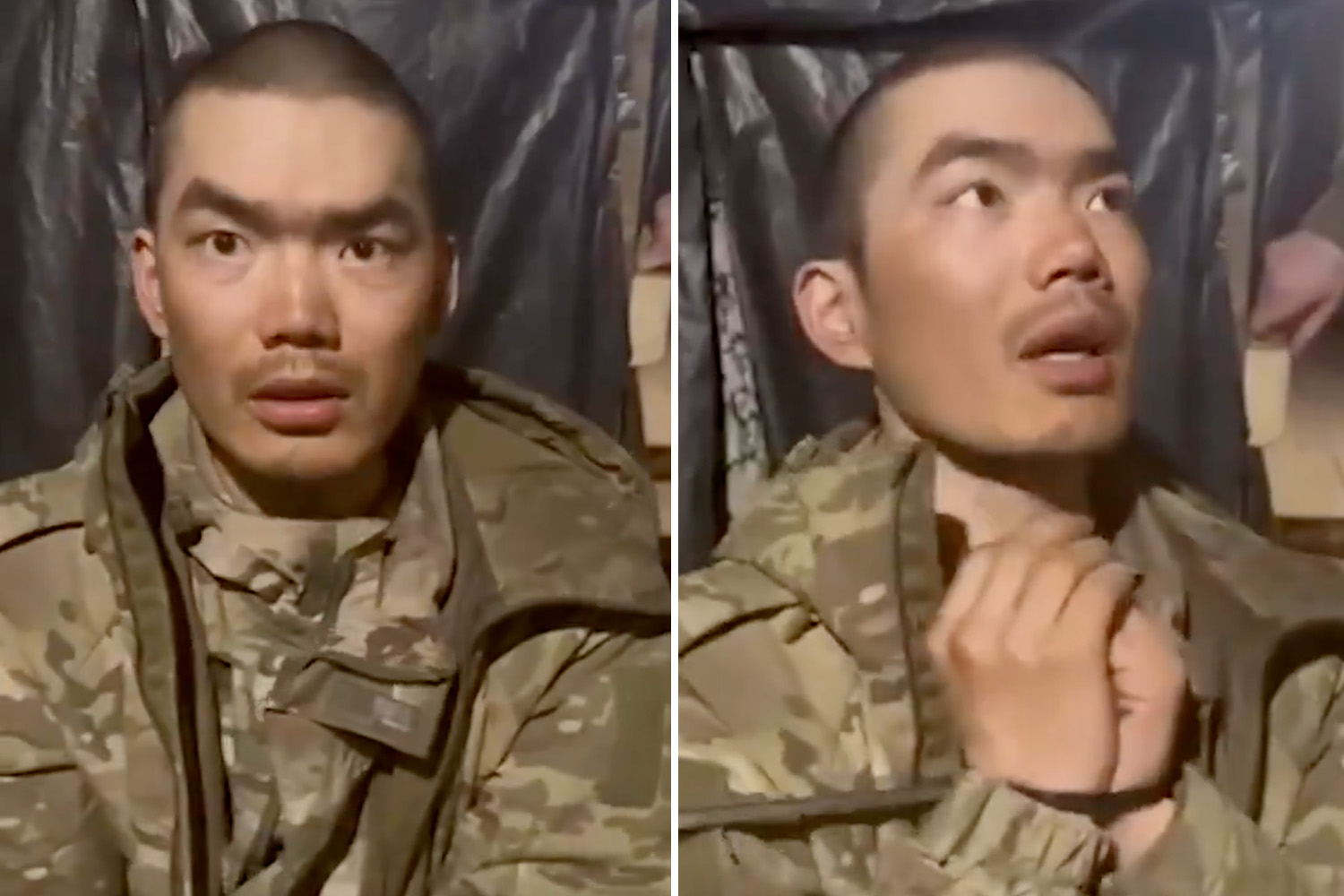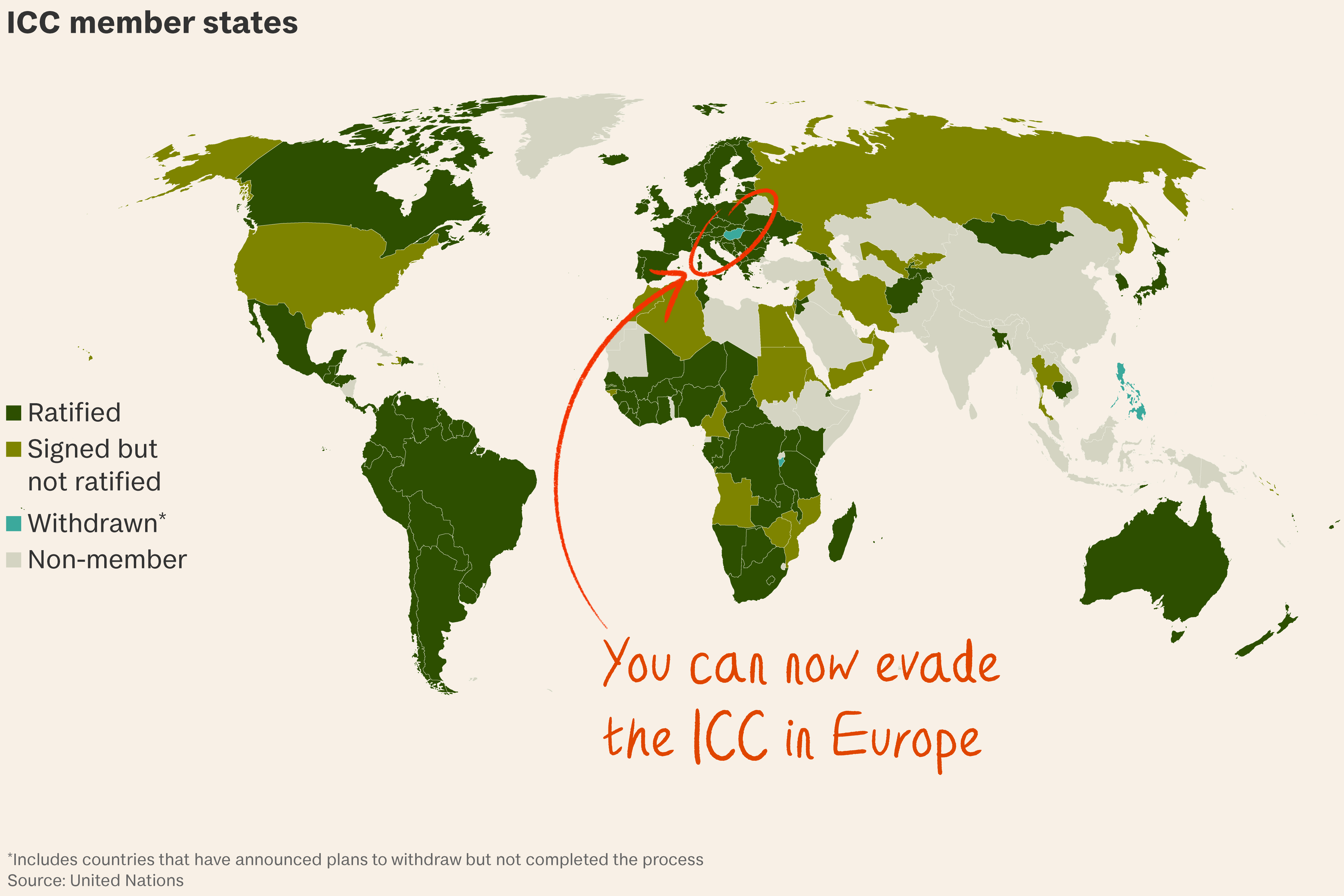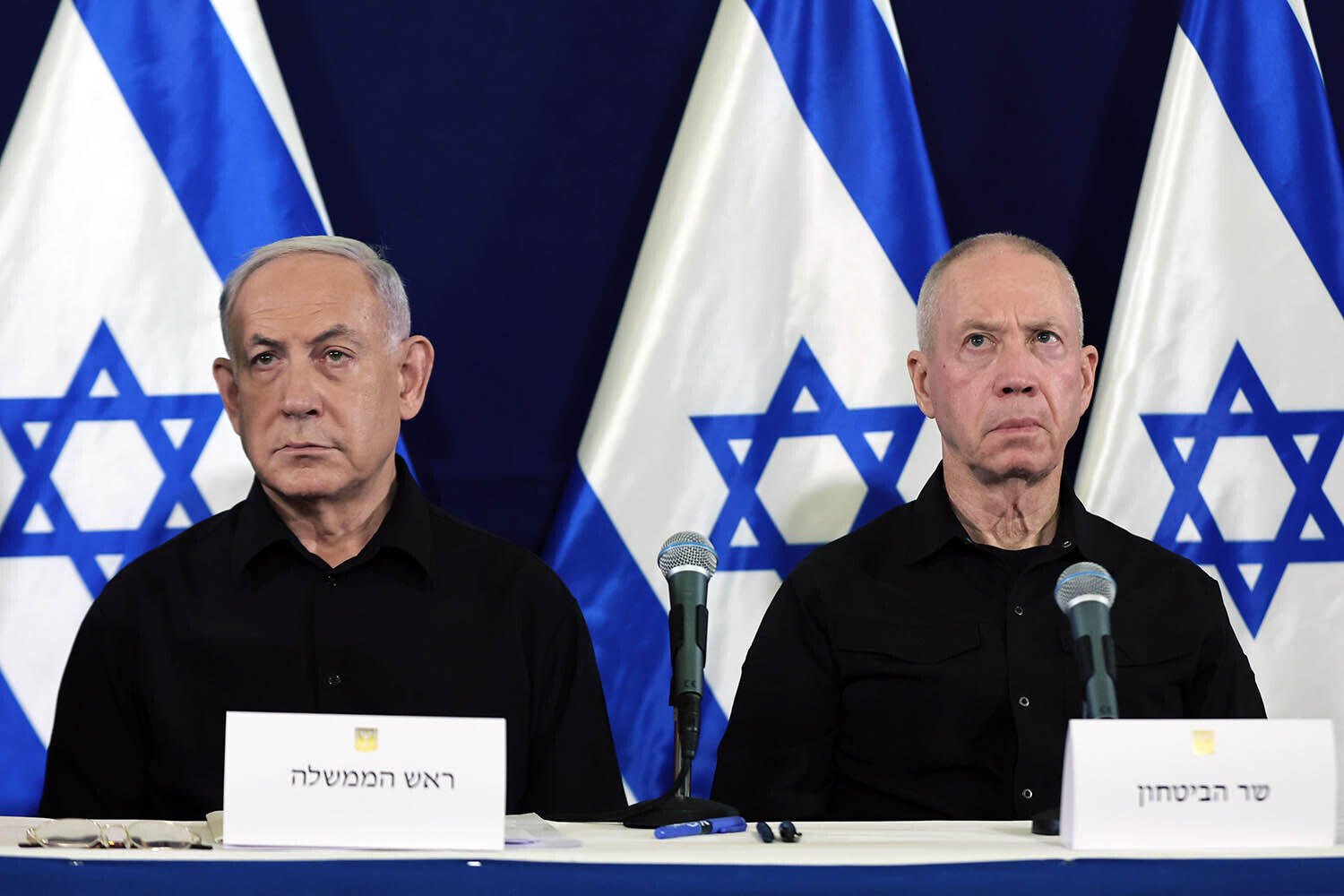
The court’s defenders say making an exception for Israel’s leader hands a win to Putin
Last week France hinted it would not arrest Benjamin Netanyahu if he set foot on French territory, even though an international arrest warrant has been issued charging him with crimes against humanity in Gaza. After initially committing to uphold the warrant, the French foreign ministry suggested Netanyahu enjoyed immunity from arrest.
So what? He doesn’t. The warrant was issued by the International Criminal Court, which France supports and which doesn’t recognise immunity for anyone.
Critics of the court have called the warrant “outrageous” (President Biden), “incomprehensible” (Austria) and “wrong” (Italy). Many of them cite Israel’s supposedly independent judiciary and the court’s “complementarity” principle, by which it is supposed to act only when countries’ legal systems can’t or won’t.
But the ICC’s defenders say Israel is failing to investigate its own crimes in relation to Gaza. They say France’s decision to make an exception for Netanyahu
- weakens the foundations of international law by implying it does not apply equally to all; and
- hands a win to Putin, who was named last year in a similar warrant which he claims is meaningless.
The charges. Warrants were issued against both Netanyahu and his former defence minister, Yoav Gallant, for the alleged crimes of starvation as well as “murder, persecution, and other inhumane acts” committed against Palestinians in Gaza since the war began.
The obligation. As a result, if they set foot in any of the court’s 124 signatory countries – including most of Europe, but notably not the US – they could be detained on arrival and handed over to stand trial in the Hague.
The reaction. Israel is set to appeal the court’s decision to issue the warrants, which Netanyahu has described as “antisemitic” and “akin to a modern-day Dreyfus trial”.
Achilles’ heel. Established in 2002, the ICC is the first and only international court that can investigate and prosecute international leaders. Unlike the International Court of Justice (ICJ) which prosecutes states, the ICC goes after individuals for war crimes and crimes against humanity. These are the first warrants it has issued against leaders of a western-style state. But enforcement has never been its strong suit, since it rests not with the court but with signatory countries.
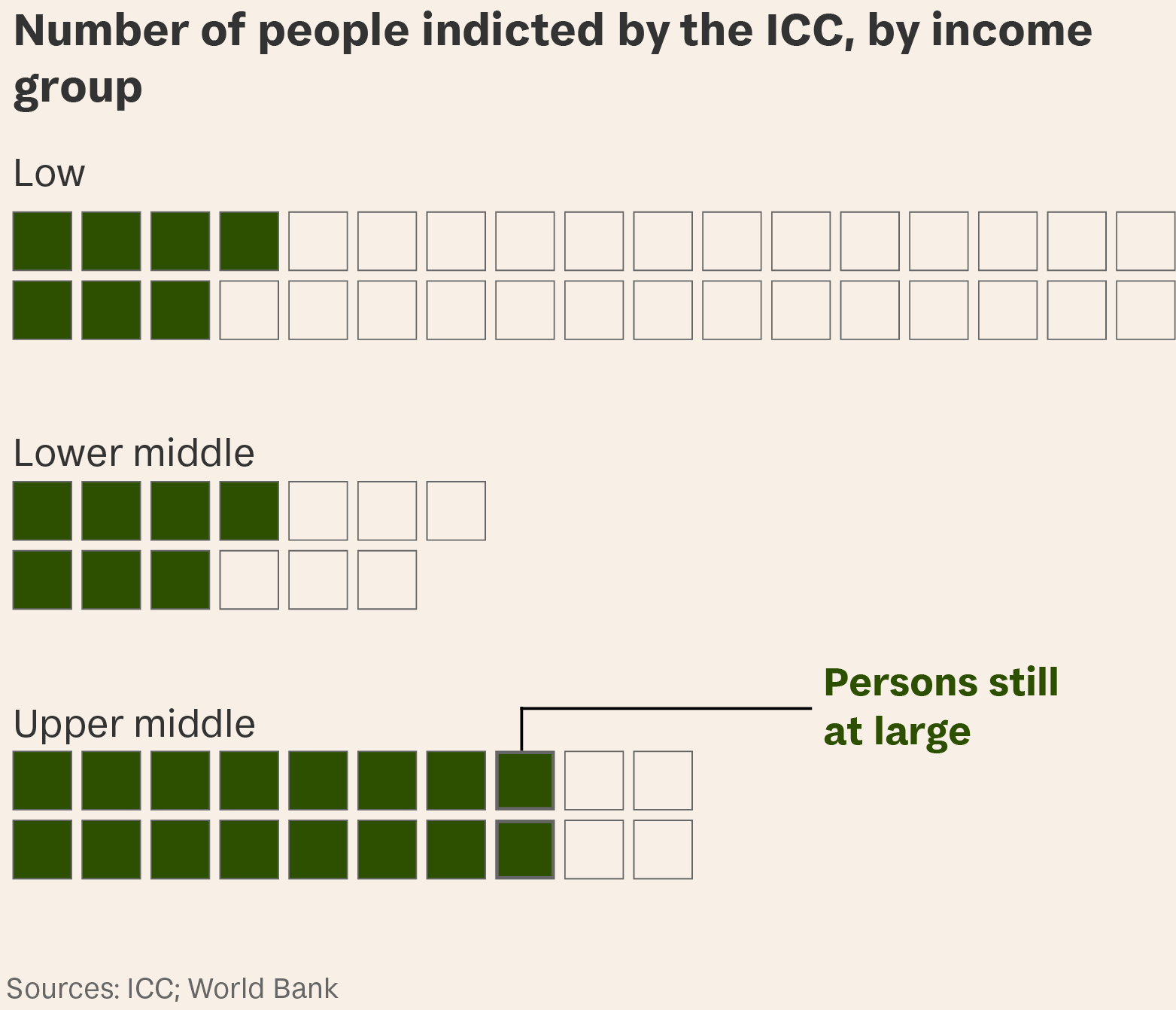
“Law, politics and power are inevitably intertwined,” says Philippe Sands KC, author of 17 books on international law. And the French case is a case in point.
Why the U-turn? The clue is in the timing: France’s immunity announcement came on the heels of a ceasefire deal Israel signed with Lebanon last week, in which France was set to be a key player. As the deal was being finalised, Israel refused further French involvement when the latter pledged to adhere to the arrest warrants, risking the collapse of the ceasefire agreement. At this point, Joe Biden pushed Emmanuel Macron to find a compromise that would save it.
Cue precarious legal acrobatics.
France now claims Israel’s leaders have immunity because their country is not a party to the ICC.
However
- Palestine became a signatory in 2015, which gives the court jurisdiction over crimes committed on its territory, of which the Gaza Strip is part;
- ICC arrest warrants override diplomatic immunity for all officials, regardless of rank; and
- although academic debate exists on this point, ICC jurisprudence is clear that this applies even to leaders of non-member states like Israel.
France, as a party to the ICC, is obliged to follow its treaty obligations. “There is no legal basis under ICC law to act otherwise,” Sands says. “The challenge for the ICC is that its approach… is not universally accepted.”
Pandora’s box. France is not the first country to challenge the court’s warrants on grounds of immunity for non-signatories. Neither Sudan nor Russia are signatories to the court. Despite his indictment for war crimes, Omar al-Bashir was welcomed by at least 33 countries without consequence while president of Sudan. More recently, the ICC accused Mongolia of violating its treaty obligations when Putin visited without being arrested.
Then, France spoke out against Mongolia’s failure to detain the Russian leader, in solidarity with its Ukrainian allies.
Now, France is now claiming that its position towards Putin’s warrant would be “the same” as its position on Netanyahu.
What’s more… France’s announcement offers cover to other European leaders walking a delicate diplomatic tightrope, including those of the Netherlands and the UK. By the French logic, they would all be letting Putin off the ICC’s hook. “International criminal justice is a long game,” Sands says. It just got longer.


